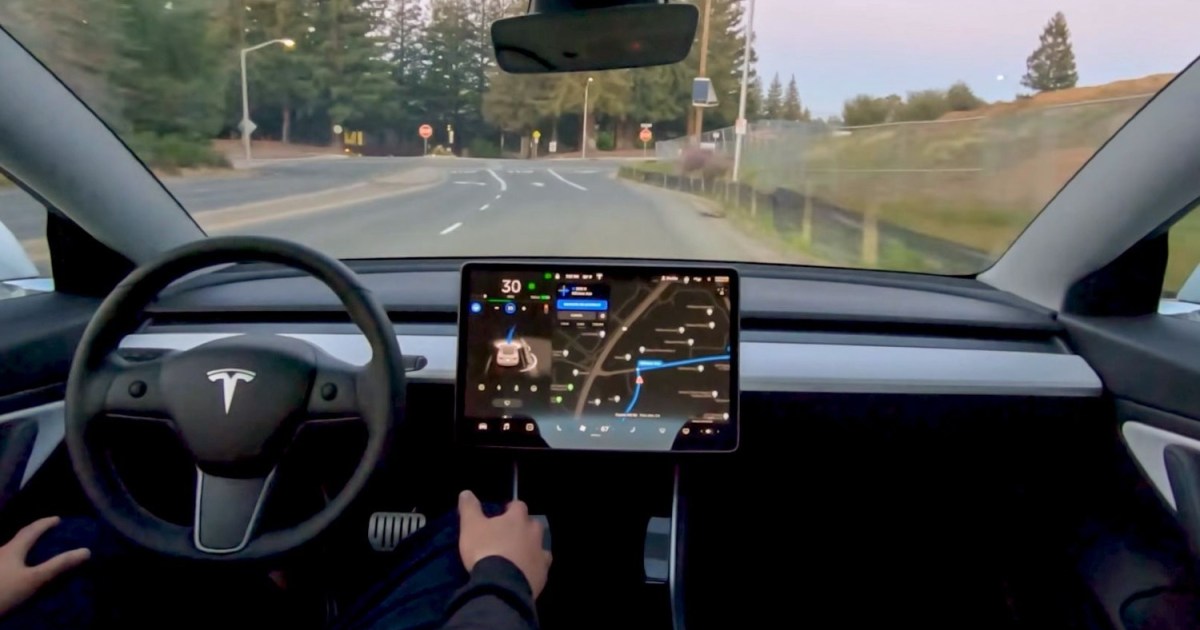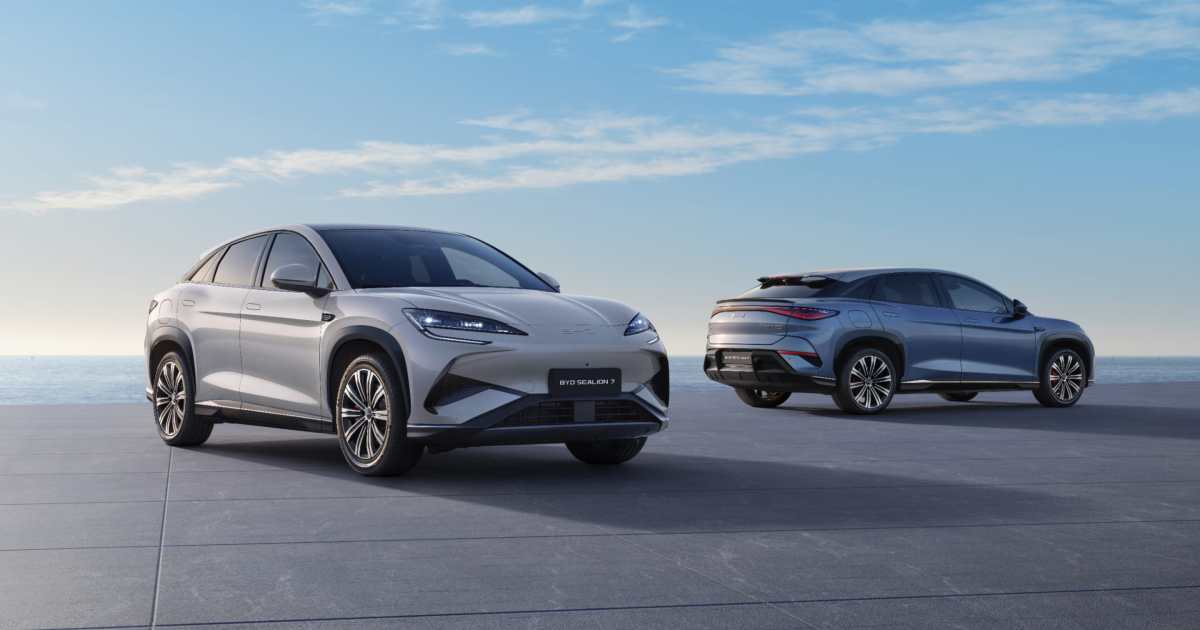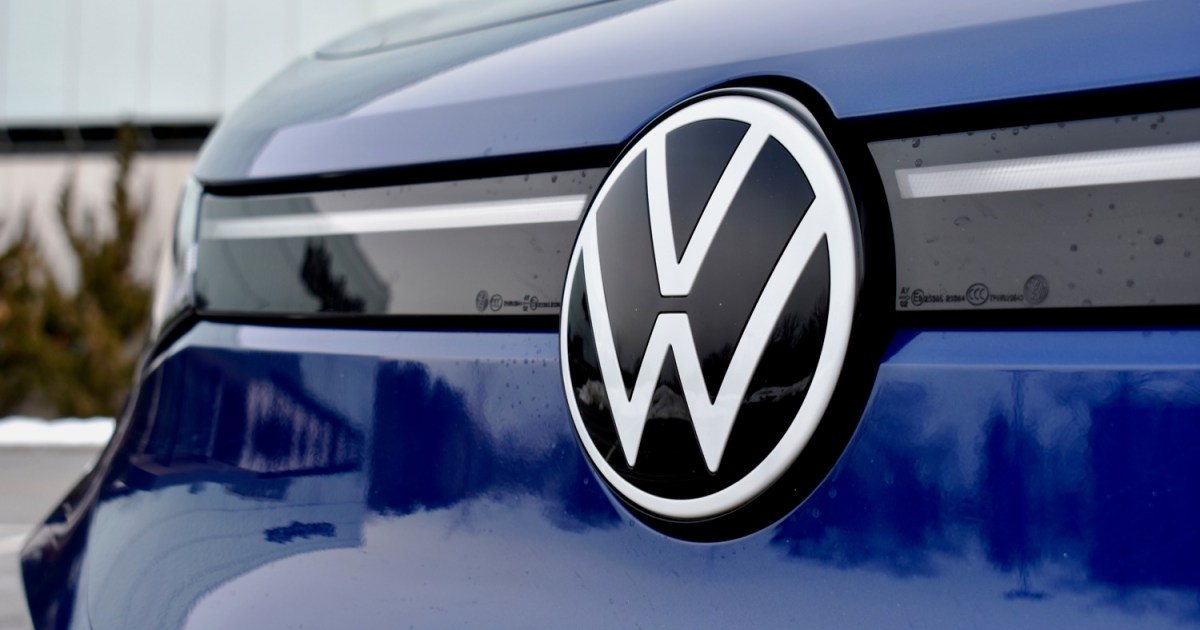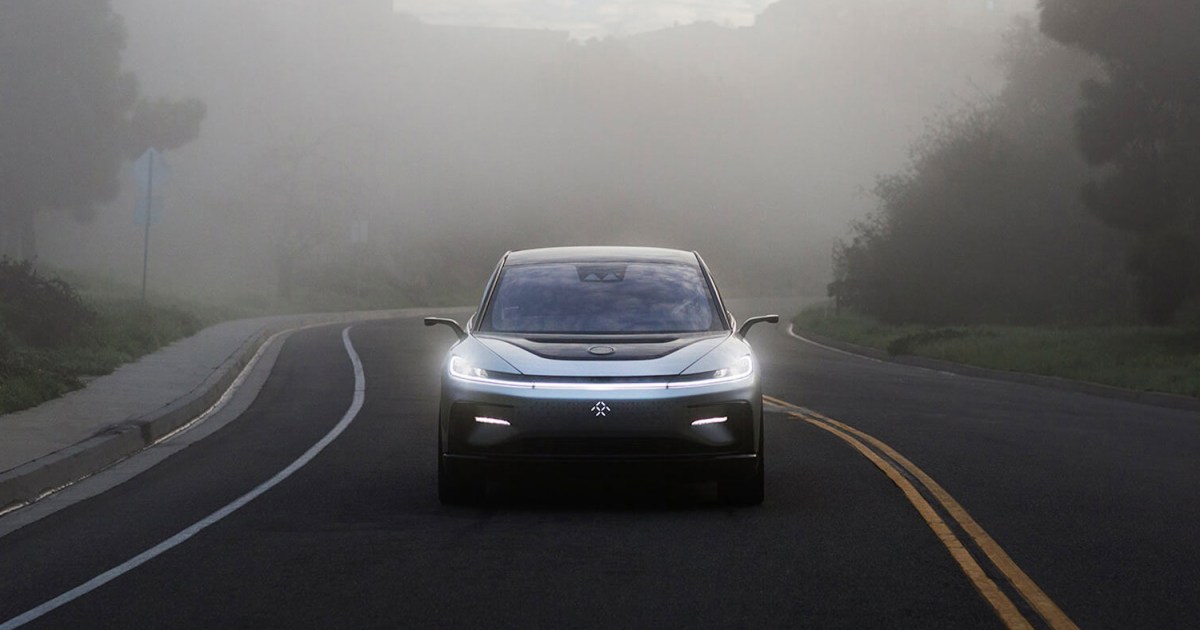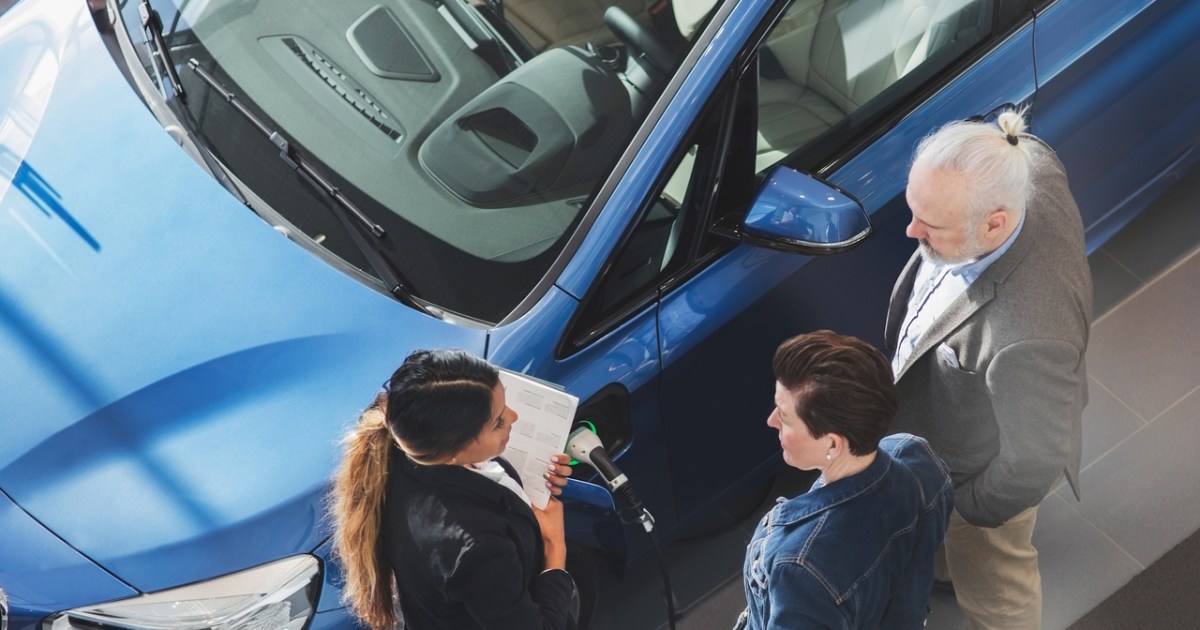The incoming Trump administration is reportedly planning to eliminate mandatory car crash reporting requirements for automakers, according to a Reuters report citing a transition team document. This proposed change to automotive policy is slated for action within the first 100 days of the new presidency. The document argues that the current reporting requirements result in “excessive” data collection.
Controversy Surrounding Crash Reporting
This move has drawn criticism, particularly given the significant influence of Tesla CEO Elon Musk within the Trump administration. Musk, a substantial financial backer of Trump’s campaign, has been tapped to head a proposed Department of Government Efficiency. He has previously voiced opposition to the crash reporting mandate. Ironically, Tesla has submitted the majority of crash reports under the current system, accounting for over 1,500 incidents since the program’s inception in 2021. NHTSA data further reveals that Tesla vehicles were involved in 40 of the 45 fatal crashes reported through October 15th.
NHTSA Scrutiny and Recent Developments
Tesla’s Full Self-Driving (FSD) software has faced increased scrutiny from the National Highway Traffic Safety Administration (NHTSA). An investigation encompassing 2.4 million Tesla vehicles equipped with FSD was launched in October. The NHTSA also instructed Tesla to cease making misleading claims about FSD’s autonomous capabilities, emphasizing its role as a driver-assist system. The data collected through the existing crash reporting program has fueled 10 investigations into six different companies, leading to nine safety recalls.
Cruise, General Motors’ robotaxi subsidiary, was fined by NHTSA in September for failing to report a 2023 incident. Consequently, GM announced its decision to integrate Cruise back into its main autonomous and assisted driving unit.
Future of Self-Driving Regulations
The Trump administration reportedly intends to prioritize a federal framework for self-driving vehicles. Proposed rules aim to relax regulations surrounding autonomous vehicles and increase the allowable number of these vehicles on public roads. This proposed deregulation, coupled with the potential elimination of mandatory crash reporting, raises concerns about transparency and safety within the rapidly evolving landscape of autonomous driving technology.
Conclusion
The proposed changes to car crash reporting requirements signal a potential shift in automotive safety regulations under the Trump administration. While proponents argue against “excessive” data collection, critics express concerns about transparency and oversight, particularly in light of increasing focus on autonomous driving technology. The long-term impact of these policy changes remains to be seen.



